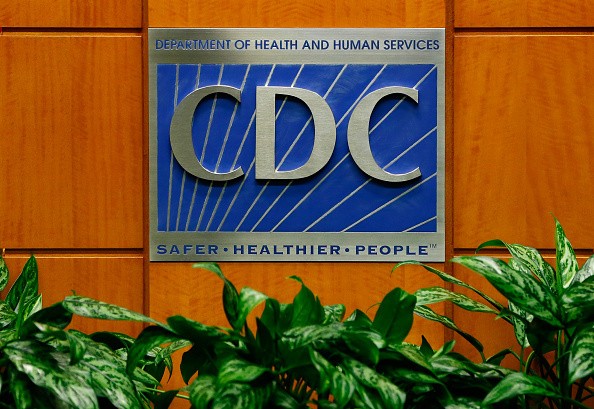CDC Advisers to Decide Next Week on Who Gets COVID-19 Vaccine First
Centers for Disease Control and Prevention (CDC) advisers had called an emergency meeting for Tuesday to discuss who should be the first to get a COVID-19 vaccine.

Pfizer and Moderna are the two leading COVID-19 vaccine developers and manufacturers now, expected to have their vaccines release before the year ends.
Pfizer has already applied for emergency use authorization to the U.S. Food and Drug Administration (FDA), while Moderna is expected to do the same in the coming days.
The CDC's Advisory Committee for Immunization Practices Advisory Committee for Immunization Practices (ACIP) is setting up the meeting to tackle and vote on who should get the shot first once a vaccine is authorized.
Once these groups of people have been identified, it would be easier for the country to prioritize those who need it first.
ACIP chair Dr. Jose Romero told CNN that they want to advise the public ahead of any decision from the U.S. FDA about the emergency authorization of a vaccine.
Romero further noted that they also had to set the meeting because the FDA and Operation Warp Speed have asked states and other jurisdictions to submit their plans on Friday next week.
Romero, who is Secretary for Health for the Arkansas Department of Health, said they want to provide appropriate guidelines to the states for the use of the vaccines.
"We foresee imminent authorization if this vaccine is shown to be effective and safe in the near future and we want to be at the point where we are providing appropriate guidance to the states and jurisdictions for the use of these vaccines," he noted.
Romero revealed that they have already discussed the groups within the first tier, which includes not only healthcare providers but also the people in the long term, congregate facilities.
He said they would just go over the data once again and vote primarily on the first tier group during the upcoming meeting.
Meanwhile, the CDC has already recommended that the first group, designated as 1a, should include frontline health providers and support personnel.
Romero stressed that this is "important because these are the individuals that are really at the front line providing the care."
According to the CDC, there are 87 million essential workers, 21 million healthcare personnel, 100 million adults with high-risk medical conditions, and 53 million others 65 and older.
Government officials earlier said that around 40 million COVID-19 vaccine doses could already be available next month.
Dr. Larry Corey, who is heading up coronavirus vaccine clinical trials in the U.S., also said if both Pfizer and Moderna could get emergency use authorization from the FDA, they could supply 50 million more doses in January next year and another 60 million before April.
These vaccines require two doses taken three to four weeks apart to be effective. Thus, this means there would be roughly enough vaccines to cover 75 million people by the end of March.
Subscribe to Latin Post!
Sign up for our free newsletter for the Latest coverage!
© 2025 Latin Post. All rights reserved. Do not reproduce without permission.















